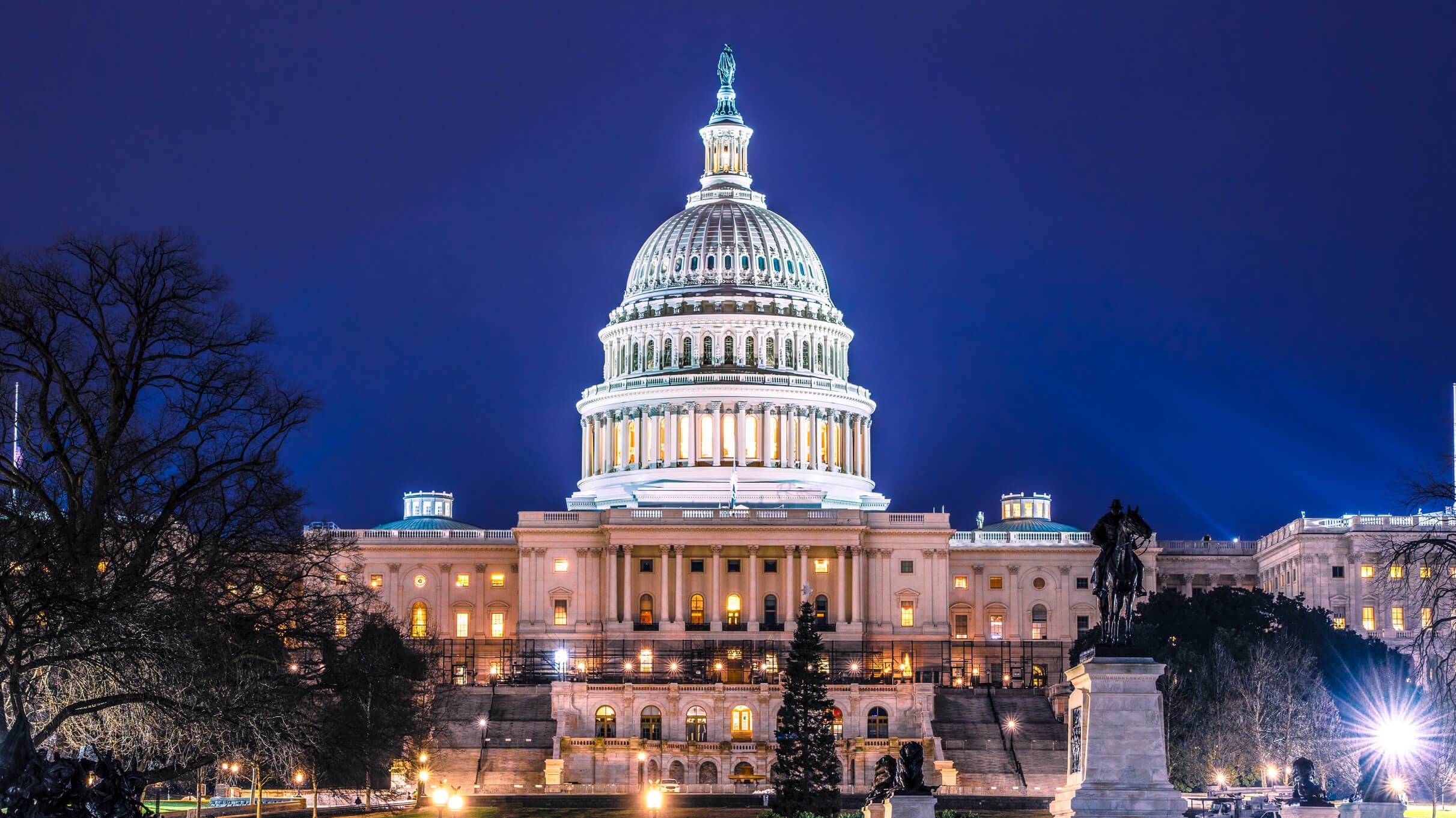
Understanding the 'One Big Beautiful Bill': What It Means for Health Coverage
The 'One Big Beautiful Bill Act,' recently passed by House Republicans and under consideration in the U.S. Senate, has sparked significant public discourse regarding its implications for health coverage across the nation. Contemporary polling reveals that a concerning 64% of adults view the bill unfavorably. This includes broad disapproval from independents and Democrats, while support from the Republican base—specifically those aligned with the MAGA movement—paints a contrasting picture.
Polling Insights: Dissecting Public Opinion
According to the latest KFF Health Tracking Poll, six in ten Republicans express a favorable view of the bill. However, this sentiment is not universally shared within the party; support declines substantially—by as much as 20 percentage points—once the proposed adverse effects on the uninsured rate and local hospital funding are highlighted. Such data indicate a clear trend: while some factions support the bill, many others are increasingly concerned about its broader implications for public health.
The Shift in Healthcare Favorability
The proposed cuts to Medicaid and changes to the Affordable Care Act (ACA) have inadvertently led to rising support for these programs. Currently, 83% of Americans now favor Medicaid, reflecting an all-time high across demographics, with 93% of Democrats and 83% of independents in agreement. The ACA has also enjoyed a resurgence in favorable views, paralleling historical trends observed during previous repeal efforts.
Health and Wellness Considerations: A Necessity for All
This polling data is critical for health and wellness advocates. The general public now perceives it as government responsibility to provide health insurance for those unable to afford it. Understanding this fundamental belief could significantly influence ongoing policy discussions and advocate for equitable health access. For suburban professionals who prioritize health and wellness, these findings highlight the critical intersection of policy and personal health.
The Reality of Medicaid Work Requirements
Support for Medicaid work requirements stands at 68%, largely due to a significant percentage of Republicans and MAGA supporters endorsing the stipulation. Yet, misconceptions arise as many people are unaware that most Medicaid recipients are, in fact, working. When they learn that a considerable number of recipients would struggle to comply with paperwork to maintain eligibility, support drops by 33 percentage points. Thus, informing the public is essential: solidarity can shift when individuals recognize the realities of their peers' circumstances.
Consequences of Losing Medicaid: Real Life Impacts
For many adults insured through Medicaid, the consequences of losing coverage are daunting. Over half report that losing Medicaid would severely hinder their ability to afford medications, healthcare access, or alternative insurance. Notably, 75% state that it would massively impact their financial stability, quality of life, and overall health, underscoring the vital role Medicaid plays in health equity.
The Trend Towards Medicaid Favorability: A Call for Action
As polls show increasing favorability towards Medicaid, it presents an opportunity for advocates and policymakers alike. Educating communities on the benefits of Medicaid can serve not only to maintain support but also to expand access. This is crucial as the current landscape continues to shift, driven by legislative changes and public sentiment.
In conclusion, the 'One Big Beautiful Bill' is more than just a piece of legislation; it represents the narratives and needs of countless individuals reliant on health coverage. As stakeholders in health and wellness, being informed and vocal about these trends is paramount. Together, we can move towards a healthcare landscape that prioritizes well-being and equity for all.
If you're passionate about health and wellness, consider advocating for equitable healthcare policies within your community. Your voice matters in shaping a future where everyone has access to essential health services.
 Add Row
Add Row  Add
Add 




Write A Comment